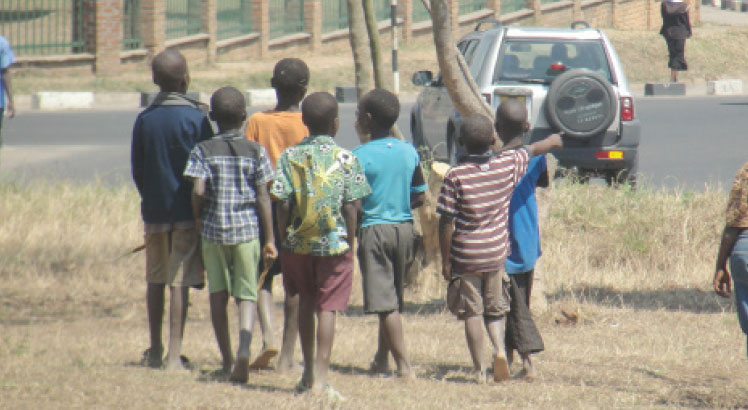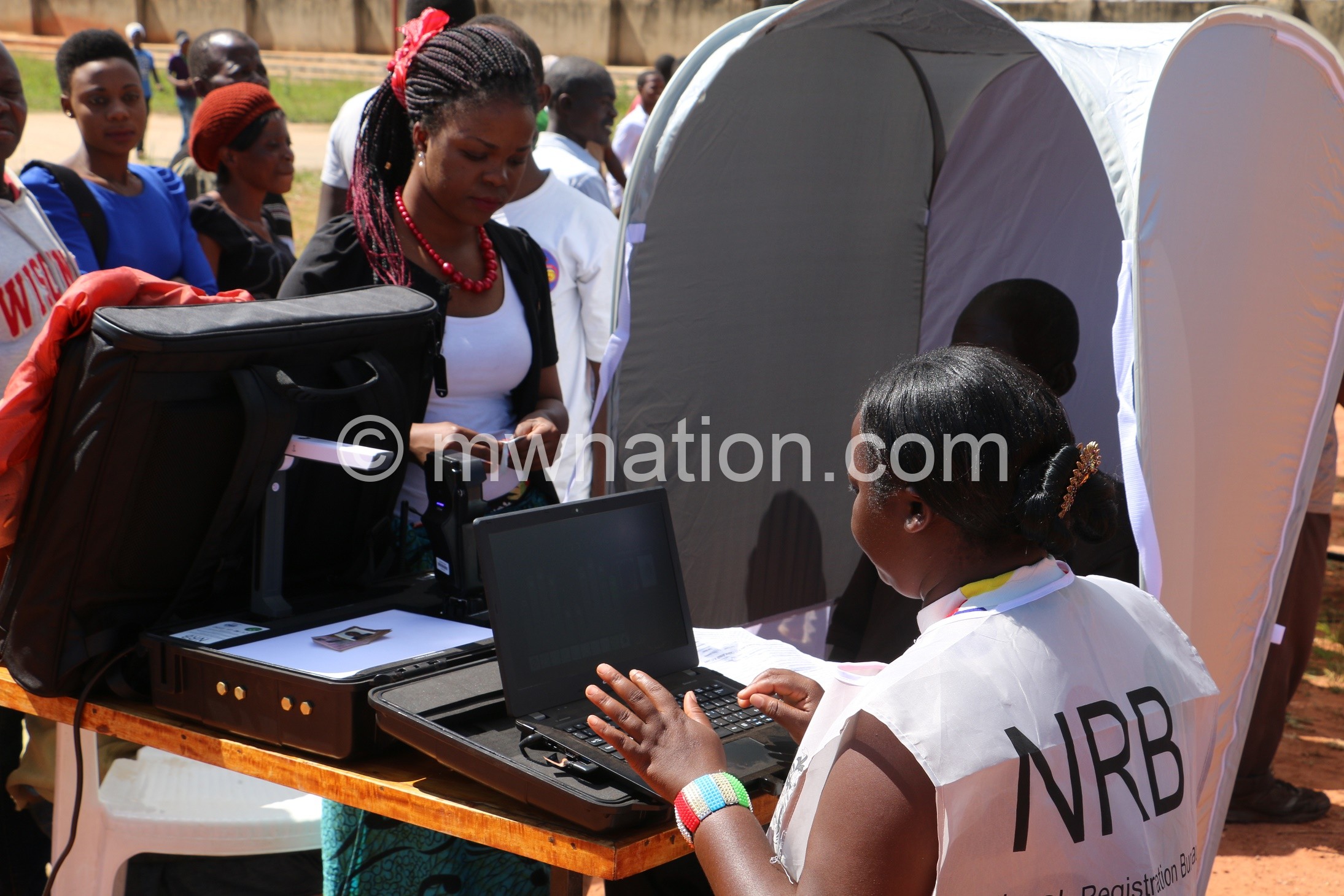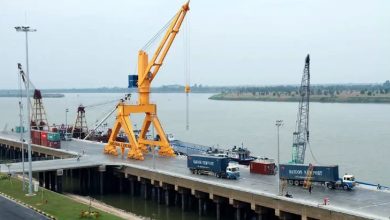Industry outlines economic risks
The Malawi Confederation of Chambers of Commerce and Industry (MCCCI) says despite registering some positives in the past year, Malawi’s economy remains threatened by rising prices and lower agricultural production.
In its Fourth Quarter Economic Review covering October to December 2018, MCCCI notes that although electricity generation and supply improved and the local currency was stable, the country’s economic gains were threatened by continued increase in inflation, with the rate hitting a double digit in November.

“Our forecast for 2019 continues to be cautious due to anticipation of continuous intermittent power supply compounded by the challenges and weakened performance of the industry sector.
“MCCCI, therefore, maintains a lower estimate of gross domestic product [GDP] growth for 2018 to slow down to 3.6 percent due to the dry spells and fall armyworms encountered in 2017/18 season, among other factors,” reads the report in part.
In 2018, inflation was mostly maintained at single digit through most parts of the year. It, however, begun yo rise in the second quarter of the year as the economy experienced effects of the first fuel hike from Malawi Energy Regulatory Authority (Mera) since 2016.
However, due to effects of the movement of global oil prices and the kwacha exchange rate to the US dollar as well as local factors, Mera resolved to revise fuel prices downwards in December 2018.
The chamber, however, notes that the effects are not visible yet as service providers, such as transporters, have not reciprocated accordingly by reducing their prices.
But Reserve Bank of Malawi (RBM) Governor Dalitso Kabambe, speaking on the sidelines of the launch of three digital platforms last week, said unlike in 2018 when the economy started with many obstacles, the pathway appears to be a bit clearer in 2019.
The platforms included Malawi Stock Exchange Automated System, National Switch Operationalisation and Malawi Financial Institution (MFI) Hub, funded by World Bank’s Financial Sector Technical Assistance Project (Fstap).
He said: “The country has started receiving good rains in almost all the districts and chances are that we may have a good harvest this year if the rainfall pattern continues.
“Again, unlike last year, we don’t see a significant jump in electricity prices because a big portion of the 30 percent power hike approved by the Malawi Energy Regulatory Authority was implemented last year. That means we have about two years to implement the remaining 10 percentage points hike,” Kabambe said.
Two weeks ago, Electricity Generation Company (Egenco) senior public relations officer Moses Gwaza also assured the public that the parastatal is working alongside Electricity Supply Corporation of Malawi (Escom) to sustain the present improved power supply.





